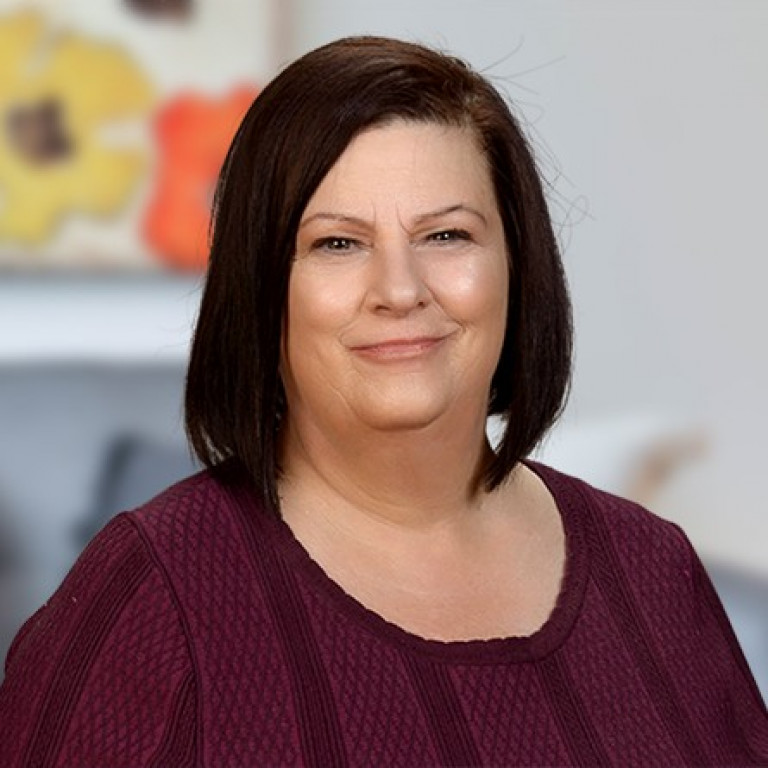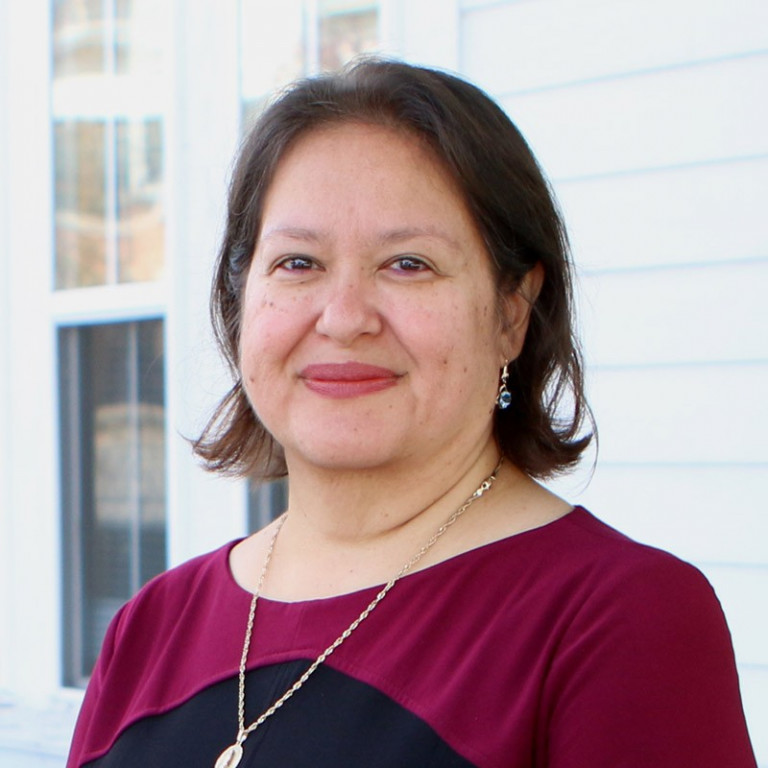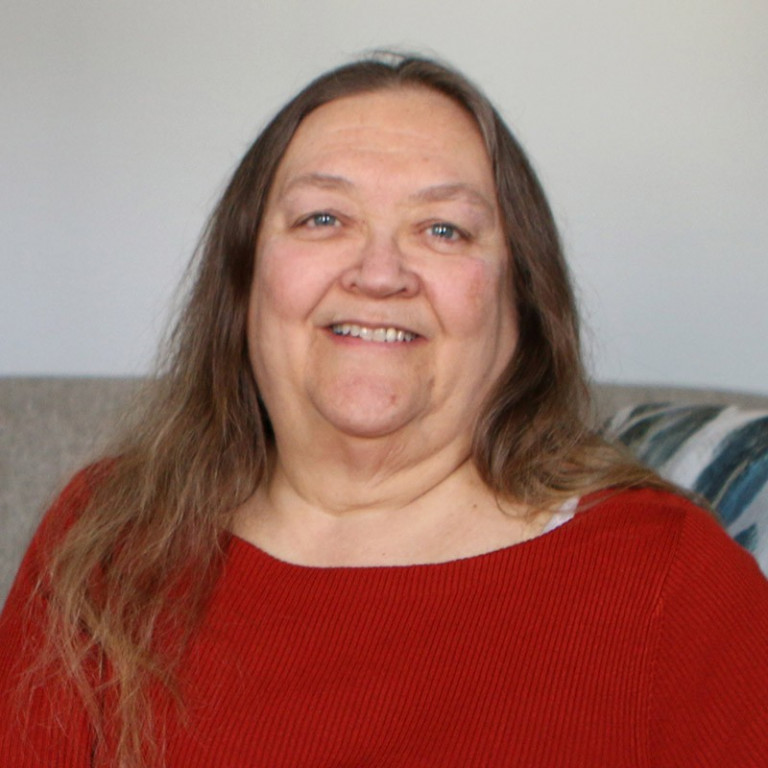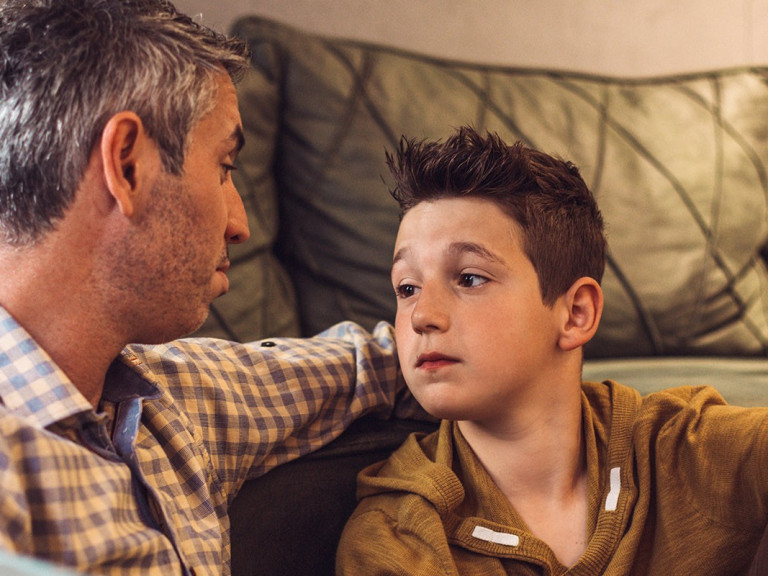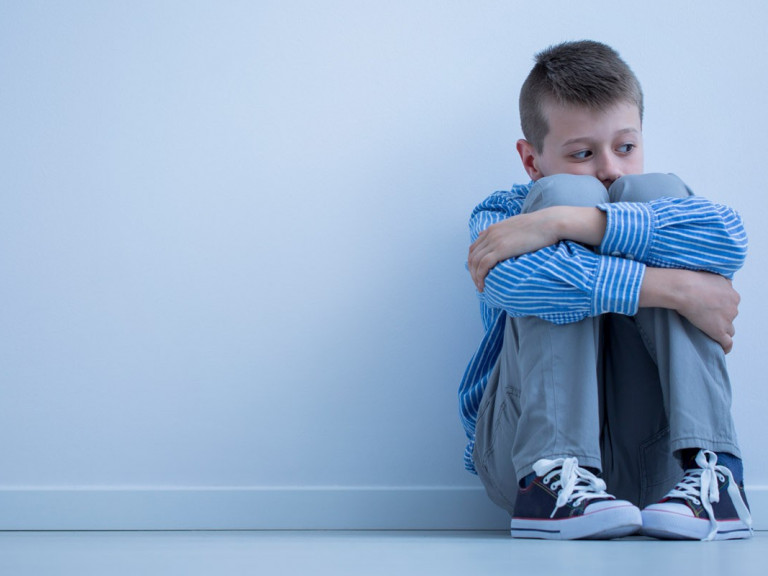Senior Mental Health Services
“Aging is an extraordinary process where you become the person you always should have been.” – David Bowie
Getting older can be challenging. While our "Golden Years" may be filled with time for hobbies and happy grandchildren, we are also in a transitional stage of life where we see more years behind us than in front of us. This confrontation with our mortality, coupled with changes to our body, career, and social status, can lead to various mental health issues like anxiety and depression. In fact, one in four seniors has a mental disorder. The good news is that positive senior mental health is obtainable from experienced therapists and has proven effective at helping older adults manage mental health problems.
Common Senior Mental Health Issues
As we age, we must contend with a multitude of daily adjustments that affect us physically like retirement, downsizing our homes, or a need for mobility assistance devices. But have we considered our mental health? Stereotypes of senile, crabby, or sad senior citizens mean real problems are overlooked or dismissed as "normal." The truth is there are mental health disorders that affect seniors that need to be evaluated and treated by a mental health professional. Here are some of the most common senior mental health issues the aging population faces.
Depression and Age-Related Stress
Depression is not a normal part of aging; it is a clinical mood disorder that affects overall well-being and is the most common senior mental health condition. One reason senior mental health is so important is that people 85 years or older have the highest suicide rate in America. (If you are in crisis, please call the Suicide & Crisis Lifeline by dialing 988).
Age-related stressors, including retirement, financial concerns, and declining physical health, often accompany aging. Seniors also face difficult decisions with long-term repercussions, like when to enter assisted living facilities and what care is best for their ailing spouse. These challenges can contribute to anxiety disorder, stress, and psychological distress.
Grief and Loss
Older adults will experience the loss of friends, spouses, and family members like siblings and parents. The grief and loneliness associated with death can be overwhelming and lead to prolonged periods of sadness, clinical depression, or complicated grief, all of which need mental health support.
Retirement, less independence, and changes to socio-economic standing may also create feelings of loss and isolation.
Juggling Multiple Health Conditions
Seniors can develop numerous chronic health conditions like diabetes, high blood pressure, and arthritis. Other physical changes that affect our normally good mental health may include sexual dysfunction, chronic pain, and sleep problems. It can be overwhelming to deal with the loss of function or manage our physical health, which can cause anxiety, exacerbate symptoms of depression and increase the risk of cognitive decline.
Cognitive Decline and Dementia
Another myth seniors battle is the assumption that every older person becomes senile. Dementia and other neurological disorders are not guaranteed. However, cognitive decline from conditions like Alzheimer's disease can profoundly affect senior mental health. Mental health services not only aid in coping with emotional challenges and provide support for caregivers, but they can also help those affected maintain some independence and cognitive capabilities.
Substance Use Disorders
There is a misconception that only people in younger age groups suffer from substance abuse, but addiction is a big problem in the senior community. We don't "grow out” of addiction. Alcohol, pain medications, and smoking can cause significant health problems for older adults and their families. Therapy can help seniors address and alter these behaviors.
Elder Abuse or Agism
One in six adults will experience elder abuse, and more will not report it. Abuse and discrimination directed at our older population can lead to emotional distress, post-traumatic stress disorder (PTSD), and harmful coping mechanisms.
The Benefits of Therapy for Older Adults
Therapy for older people is the same as therapy for younger adults - a safe space to talk about issues, put our years of experience into perspective and tell our story the way we want to tell it. No matter the age, people want to understand themselves better and have good relationships with others. Therapy and counseling services offer effective treatments that help older individuals gain significant improvement in their emotional health, build stronger relationships, and boost their quality of life. Other benefits of therapy for seniors include:
- Management of depression, anxiety, and other emotional distress with therapy or medication.
- Increased contentment by finding joy and meaning in aging.
- Grief counseling and assistance in facing our fears of death.
- Support for family members and caregivers.
- Fostering a more positive outlook.
- Assistance in future planning.
- Accepting our lives as they are now.
- Learning effective coping strategies and how to adjust to new circumstances.
- Encouragement to keep social and involved.
- Finding new ways of being fulfilled.
- Addressing remorse, regrets, and concerns from childhood and adolescence.
- Providing new support systems.
- Building resilience.
- Providing cognitive stimulation that can prevent or slow down cognitive decline.
When Should Seniors Seek Mental Health Help?
Mental health care providers should be called whenever a dramatic change in behavior, thoughts, sleep, or eating habits occurs. Additionally, watch for the following signs and symptoms:
- Deep feelings of embarrassment and shame
- The use of unhealthy coping methods created earlier in life
- Excessive use of alcohol or other drugs
- Feelings of being disconnected or disinterested in things that used to bring joy
- Changes in mood or energy levels
- Changes to appetite
- Lack of hygiene or self-care
- Too much sleep or too little sleep
- Talk of suicide, plans, attempts, or suicidal ideation
- Feeling restless and anxious
- Increased paranoia
- Feeling empty, flat, or difficulty feeling happy
- Feeling sad or hopeless
- Obsessive or compulsive behaviors
- Hallucinations
- Physical changes like headaches, stomach issues, or body pain.
- Confusion and concerning memory loss
Senior Mental Health Treatment Options
The following treatment options are some of the more effective ways we can care for the mental health of seniors.
Psychotherapy helps people work through stressful changes, heal from losses, and process difficult emotions.
Supportive therapy can include family and support systems. It can help ease loneliness and the hopelessness of depression.
Cognitive behavioral therapy (CBT) helps people change negative thinking patterns, deal with problems healthily, and develop better coping skills.
Support groups for depression, illness, or bereavement connect people with others who are going through the same challenges. They are a safe place to share experiences, advice, and encouragement. Group therapy also nurtures social interactions and social networks.
Supplemental medication therapy can assist older adults in managing the symptoms of emotional distress. For example, treatment for depression is just as effective for senior adults as it is for younger people. Studies have found that therapy works as well as medication in relieving mild to moderate depression. And unlike antidepressants, therapy also addresses the underlying causes of depression to help us understand and manage our symptoms.
How Can Seniors Get Needed Mental Health Care?
Unfortunately, there are barriers that prevent many seniors from receiving the care and treatment they need. There are still stigmas against mental health care which means older adults may not understand how they can be helped or what services are available if they want care. Getting to therapy can be difficult if a senior patient has mobility problems or significant health issues, no longer drives, or lives in a rural area. A senior with cognitive, speech, vision, or hearing impairments is not likely to seek mental health services because of communication barriers. Most importantly, senior mental health care is very limited in the United States, primarily because too many seniors lack the financial freedom or proper insurance coverage to afford mental health care.
However, Goodman Psychologist Associates can help seniors with accessibility and affordability obstacles. We also accept Medicare and offer telehealth services so seniors can get therapy from home.
The patients we've worked with have developed better relationships with family, made new friends, and feel better about themselves overall. Their depression and anxiety have decreased, they feel satisfied, have achieved their goals, and learned more about themselves.
We are developing and changing throughout our whole lifespan; development doesn't stop at adulthood. We can understand ourselves and find peace. If you or an aging loved one is in need of senior mental health services, don’t hesitate to reach out to Goodman Psychologist Associates to explore your options. You can schedule an appointment online or call us at 630-377-3535.

